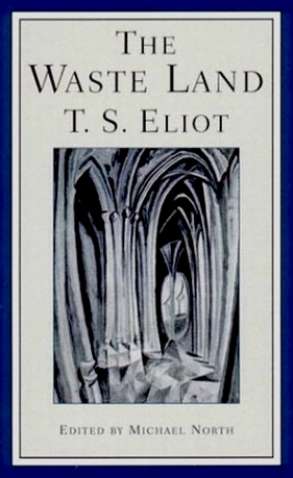To prepare a face to meet the faces that you meet;
There will be time to murder and create,
And time for all the works and days of hands
That lift and drop a question on your plate;
Time for you and time for me,
And time yet for a hundred indecisions,
And for a hundred visions and revisions,
Before the taking of a toast and tea."
--T.S. Eliot, "The Love Song of J. Alfred Prufrock"
A couple days ago, I
thought it would be a great idea to write an essay about the composer Dmitri
Shostakovich’s famous “Leningrad” symphony—the controversies surrounding its
meaning, the thrilling story of its composition, my experiences of it, and my
own take on its import. This led to a trip to the local library. I returned
with a short biography of Shostakovich, a collection of essays about him, a
recording of Symphony No. 7: Leningrad, as well as a CD of the string quartets
of Debussy, Faure, and Ravel—for fun.
I got home, sat down
at the table with my laptop, plopped the Leningrad Symphony into the CD player, and
realized that there was nothing I less wanted to do than write an essay about
Shostakovich at the moment. It was like hearing from a friend about a great
hiking trail, and going there and finding a charred wasteland of cooled lava
under a mountain that may or may not be emanating smoke. What made me think I
would enjoy writing an essay on a summer day? Shostakovich stared up at me from
the cover of the essay collection. Most photographs you see of the Soviet
composer are from his early years, where he appears bespectacled, precocious,
even adorably childlike. Here he glared at me through tight wire-rimmed glasses
as a middle-aged man, his face flabbier than in his youth, his expression cross
and demanding, the survivor of Stalin's purges. “So you’re going to write about me and my symphony, eh?” he
seemed to say, as the ‘hero theme’ from the first movement swelled defiantly
from the stereo system. “Like to see you try, sobaka.”
For years, most of my
unscheduled summer days have gone a little like this: I have a fabulous idea
for a short story, essay, poem, invention, experiment, adventure—and then when
I actually set out to do it, I end up napping, staring at clouds, or drinking
tea and re-reading an old favorite book. A full-time internship interrupted
this cycle, but now that it’s over I’m faced with the old dilemma. I make two
simultaneous and diametrically opposed demands of my summer days. First, they
are to serve as a reservoir of physical and spiritual relaxation, an oasis of
calm, the memory of which I can tap into in scarcer, more difficult times
during the school year. Second, they are to be the time in which I actually carry
out the long list of projects I’ve accumulated over the school year.
I imagine that years
from now, when I hopefully have a real job and a family to deal with, I’ll look
back on these empty summer days as something from a fairy tale. “Whole days of absolutely
nothing?" I will ask my former self incredulously. "Why didn’t you just enjoy that while it lasted?” To which my former self will shrug his shoulders and pour himself a plate of
kettlecorn and try to make it a little further into a Robert Frost collection
while watching Harry Potter and the
Deathly Hallows: Part 1.
The obvious solution
to this problem would be to alternate days of rest and work. But I always want
to do both things on the same day, usually at the same time. And when I inevitably fail to either work or relax, I tell myself, like Prufrock, that there will be time for both the next day. Take today, for example.
I planned to polish up a couple essays I had been working on that could serve
as blog posts. Coffee-fueled optimism at 10 a.m. told me I could do this. Then
it got to be 10:30 and I felt that if I did something low-energy, like
listening to an episode of This American
Life, I would be both rested and rejuvenated in my pursuit of finishing the
essays. Then it was 11:30, I had listened to an episode of This American Life from 1997, been informed of the wider world,
amused, and intellectually challenged, and I still didn’t want to work on those
essays. But after the autobiographical short story by David Sedaris on the episode,
I did have this idea for writing a short autobiographical essay that would emphasize
ridiculous characterizations in the way he did: things like the photograph of a dead composer on a book cover trash-talking someone. And believe it or not,
I actually wrote that essay. Did I feel accomplished at completing a small
project, or did I feel mentally rested because I allowed myself to write about
something that I found fun to write about? Well, I
really felt neither of those things. What I felt like was eating Zebra Cakes
and watching shows about shark attacks on the Discovery Channel
while reading a Wallace Stegner novel.

No comments:
Post a Comment